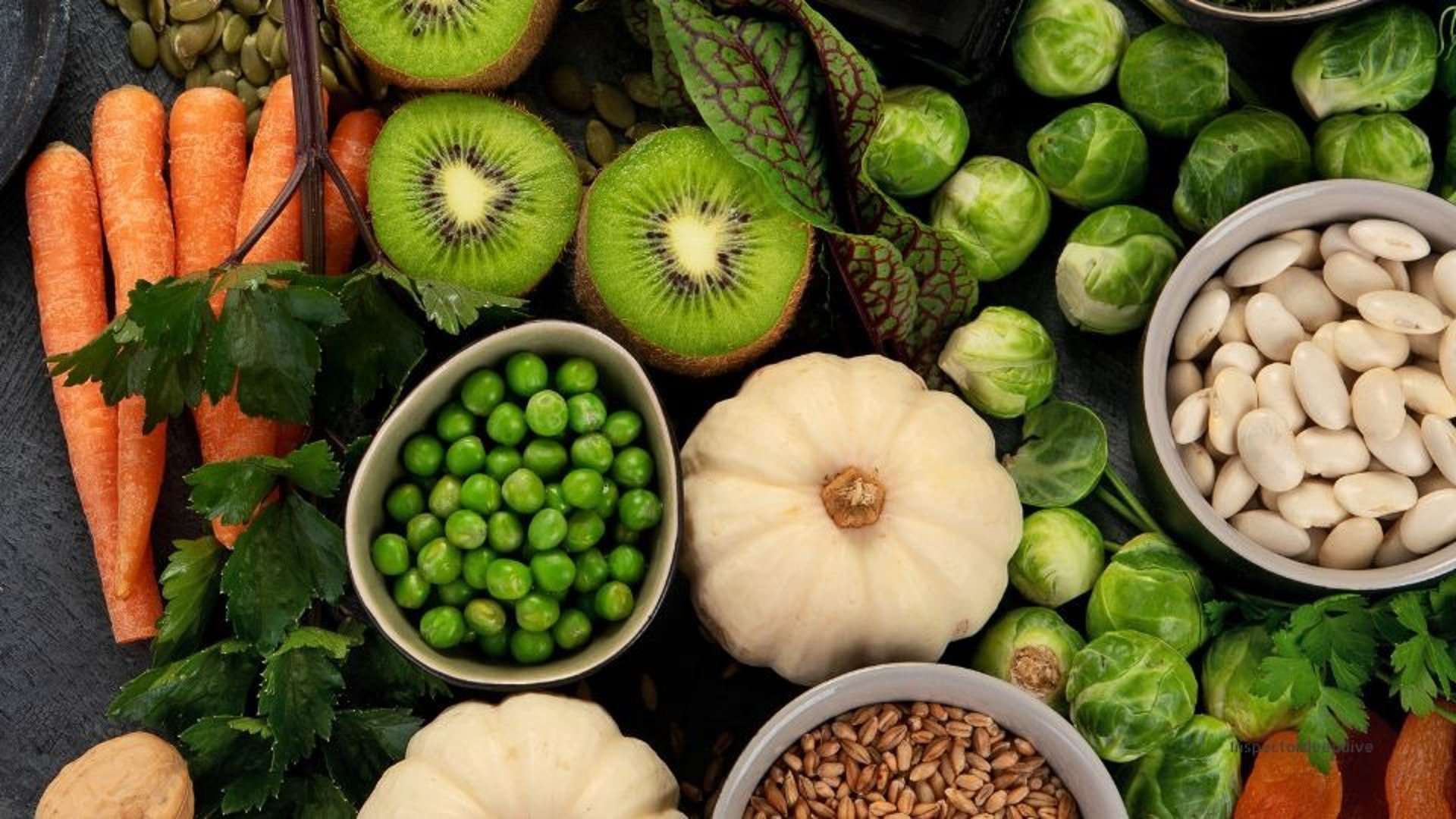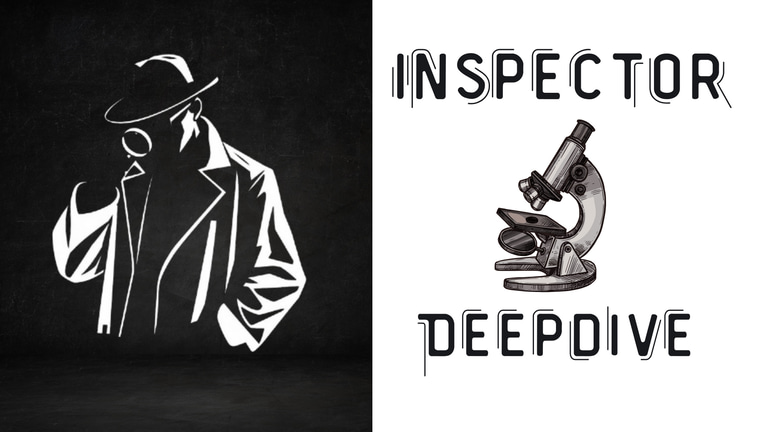Vitamin K2 Explained: Food Sources, Benefits for Bones and Heart, and 2025 Health Insights

Vitamin K2 Explained: Food Sources, Benefits for Bones and Heart, and 2025 Health Insights
Vitamin K2 is a key player in your body's health team. Also called menaquinone, it's a fat-soluble vitamin that helps with bone strength and heart function. It comes in types like MK-4 and MK-7, named for their chain lengths. You find it in fermented foods, animal products, or even made by your gut bacteria. It's different from Vitamin K1, which mostly handles blood clotting. At Inspector Deepdive, we love how K2 fits into your daily rainbow of eats think fermented bites for a natural boost.
Great Food Sources of Vitamin K2
The best way to get Vitamin K2 is from real foods. Here are some top picks.
Fermented Foods:
Natto (fermented soybeans) is the top source for MK-7.
Sauerkraut offers a good amount of Vitamin K2.
Kimchi gives smaller doses of menaquinone.
Animal Products:
Egg yolks are rich in MK-4.
Hard cheeses like Gouda and Edam pack in K2.
Organ meats, such as liver and kidneys, are loaded with it.
These sources make it easy to add K2 to meals. 2025 research from Healthline notes that fermented foods also support gut health, boosting K2 production naturally Healthline, 2025.
Specific Functions and Health Benefits
Vitamin K2 does important jobs for your body.
For bone health, it turns on osteocalcin to lock calcium into bones, boosting density and cutting fracture risks.
For heart health, it stops calcium from building up in arteries by guiding it properly.
For longevity, it supports overall wellness with strong bones and clear arteries, helping you stay active longer.
What Does Vitamin K2 Do for Your Body?
Vitamin K2 strengthens bones by making sure calcium goes into them, not soft spots. This lowers fracture chances, especially as you age.
It keeps your heart and arteries healthy by blocking calcium clumps, which eases stiffness and drops disease risks.
Synergistic Nutrient Support for Overall Health
Vitamin K2 works best with other nutrients.
Calcium gets placed right in bones and teeth.
Vitamin D helps pull in calcium, while K2 sends it to the best spots.
Magnesium aids enzymes that handle Vitamin K.
Together, they create a strong team for health. 2025 studies from WebMD show this combo can improve bone density by up to 20%.
How Vitamin K2 Is Absorbed in the Body
Your small intestine absorbs Vitamin K2 with help from dietary fats. It travels through chylomicrons. MK-7 absorbs better and lasts longer than K1. As a fat-soluble vitamin, it stores in your liver and fat tissues. Eat it regularly, but don't overdo it to avoid risks.
Signs You’re Getting Enough Vitamin K2
Look for stronger bones, fewer fractures, healthier arteries, and better energy.
Lifestyle Factors That Affect Absorption
Smoking can lower K2 levels over time.
Poor gut health hinders uptake.
Low-fat diets make absorption tougher since K2 needs fats.
Seasonal or Lifestyle Variations in Needs
If you eat fewer fermented or animal foods in winter, you might need more. Aging increases needs for bone and heart support.
Impact of Cooking or Processing on K2
Vitamin K2 holds up well in cooking, but too much high heat can break it down. Light doesn't affect it much. Store fermented foods properly to keep nutrients fresh.
Myths and Misconceptions About K2
Myth: All Vitamin K types are the same. Fact: K2 is better for bones and heart than K1 because it handles calcium uniquely.
Myth: K1 is enough without K2. Fact: K2 has special jobs K1 can't do, making it key for full health.
Fun Facts or Lesser-Known Information
Vitamin K2 got noticed later than K1, but now we know MK-7 from natto lasts days in your body. It's been used in traditional diets for centuries.
Environmental or Other Considerations
For sustainable choices, pick vegan natto or eco-friendly animal products. This cuts impact while getting your K2.
Key Takeaway
Knowing about Vitamin K2 helps you eat smarter for bones, heart, and long-term health. Focus on foods like natto and cheese, watch interactions, and track needs. Supplements can help some, but talk to a doctor. 2025 research shows steady intake can boost vitality and cut risks.
Sources: Based on 2025 web search for "Vitamin K2 benefits sources absorption 2025 research updates." Key refs: Healthline, WebMD, NIH, Mayo Clinic, Nutrients, ScienceDaily.
© 2025 food.InspectorDeepDive.com. All rights reserved. Content may not be copied or republished without permission.
This article is for informational purposes only. InspectorDeepDive.com does not provide medical advice. Always consult a licensed healthcare provider before making dietary or health decisions.
